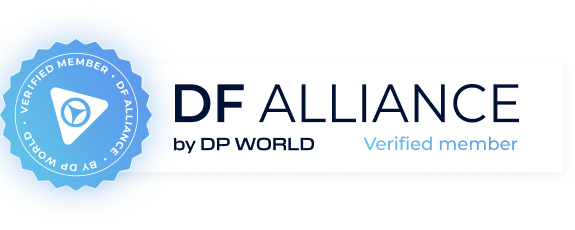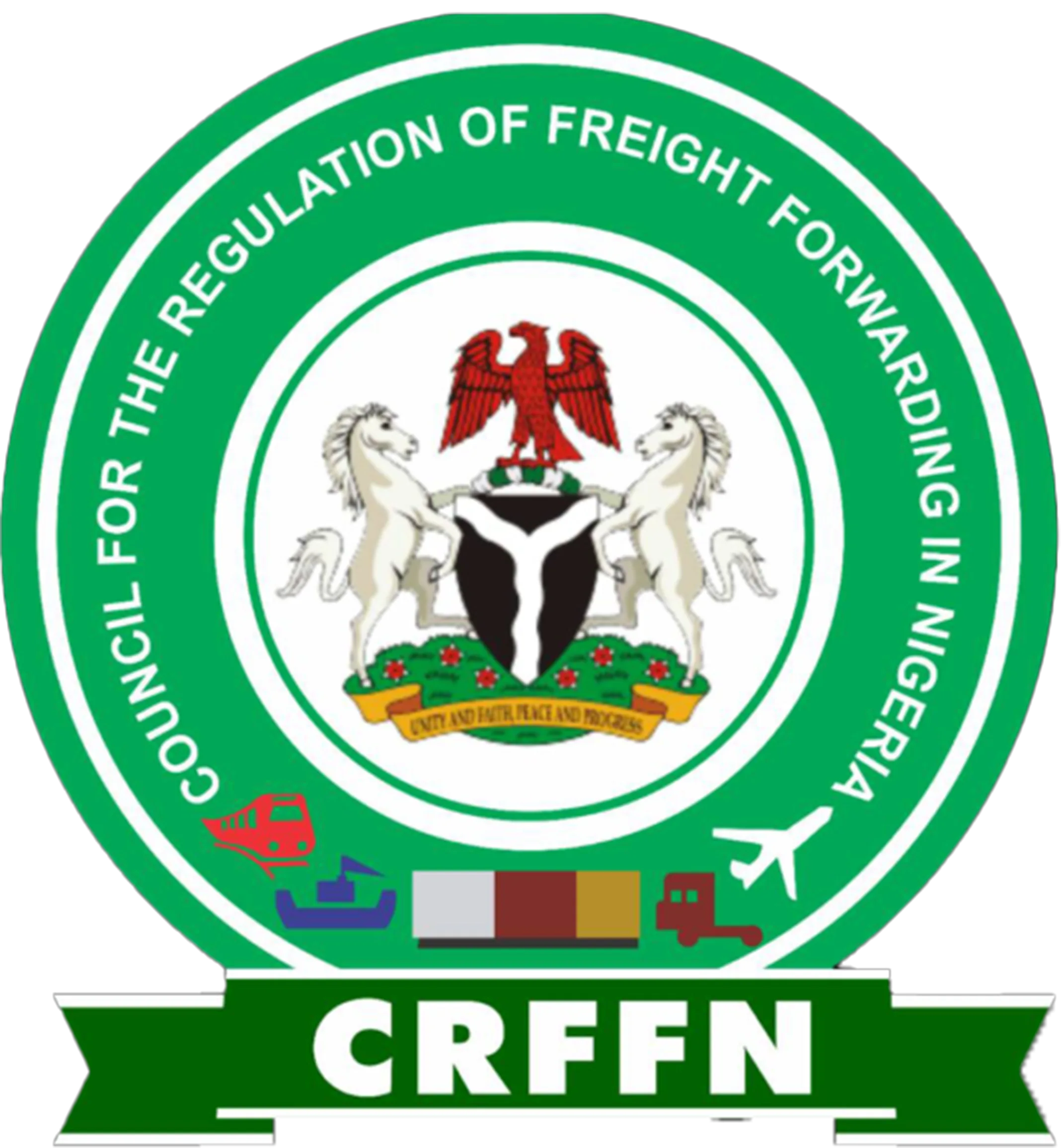
The global landscape of supply chains is undergoing a significant transformation, driven by an increasing demand for transparency, sustainability, and ethical sourcing. Nowhere is this shift more apparent than in the European Union, where evolving import regulations are reshaping the way businesses operate. As the EU places more emphasis on traceability, environmental responsibility, and due diligence, companies that wish to trade in this market must adapt to these new rules.
Preparing for the new era of supply chain transparency: Navigating the evolving EU import regulations requires businesses to not only comply with the new standards but also view these changes as an opportunity to build stronger, more transparent supply chains that align with both consumer expectations and regulatory demands.
What is supply chain transparency and why does it matter?
Supply chain transparency refers to the ability of a company to trace and verify the journey of its products, from raw materials to the finished goods delivered to consumers. This concept goes beyond mere visibility—it requires that every step in the supply chain is documented and auditable.
Companies that prioritize transparency build trust with their customers and stakeholders by ensuring ethical practices are followed across the board. This level of openness is increasingly important in today’s market, where consumers are demanding more information about the origins of their products.
Growing demand for ethical and transparent sourcing
The rise in consumer awareness about sustainability, human rights, and environmental impact has fueled a global push for ethical sourcing. According to a survey by IBM and the National Retail Federation, nearly 70% of consumers are willing to pay more for products from companies that offer complete transparency in their supply chains.
This demand is not just consumer-driven. Governments, especially in the EU, are implementing regulations that mandate transparency and sustainability in sourcing. Companies that fail to comply risk losing market access or facing steep penalties.

Overview of evolving EU import regulations
Key changes in EU import regulations
The EU has introduced several new regulations aimed at improving sustainability and trade ethics. These rules are primarily focused on ensuring businesses can track the environmental and social impact of their supply chains.
Key regulatory changes include:
- Due diligence obligations: Companies must assess the environmental and human rights risks in their supply chains.
- Mandatory reporting: Firms need to provide detailed reports on the traceability of their goods and materials.
- Traceability: Regulations require documentation of product origins and the processes involved in their manufacturing.
Sustainability and ethical sourcing: core requirements
The EU’s commitment to sustainability is a central part of these evolving import regulations. Businesses must ensure that their supply chains align with the EU’s environmental goals, which include reducing carbon emissions and promoting responsible resource use.
Additionally, ethical sourcing is now a regulatory mandate. Companies must prove that they are not engaging in or supporting illegal practices such as child labour, deforestation, or forced labour in their supply chains.
Compliance deadlines and phased implementation
Compliance with the new regulations will be phased in over the next few years. While large corporations are expected to be the first to meet these standards, small and medium-sized enterprises (SMEs) will have additional time to adjust. Key deadlines to watch include:
- 2025: Initial compliance deadlines for due diligence reporting.
- 2027: Full enforcement of traceability and sustainability requirements across all sectors.
Failure to meet these deadlines could result in fines or exclusion from the EU market.
Why are these changes important for global supply chains?
Ensuring business continuity and market access
Complying with the new EU import regulations is crucial for companies that wish to maintain access to one of the world’s largest markets. The EU is enforcing stricter compliance standards, particularly regarding environmental and ethical sourcing practices. Failing to meet these standards could result in business disruption, such as being barred from the EU market or facing substantial fines.
For instance, companies that continue to operate without ensuring transparency in their supply chains risk not only regulatory penalties but also reputational damage. In today’s business landscape, where corporate social responsibility plays a large role, consumers and investors are more inclined to support brands that demonstrate a commitment to ethical sourcing and sustainability.
Gaining a competitive advantage through compliance
While the evolving regulations present challenges, they also offer significant opportunities for businesses to gain a competitive advantage. Companies that invest early in meeting the EU’s transparency and sustainability requirements can distinguish themselves in the market.
Early adopters of these new regulations can market their compliance to consumers who prioritize ethically sourced products. Moreover, businesses that adapt swiftly can avoid the last-minute scramble to meet deadlines, which often results in higher costs and rushed implementations.

Steps to prepare for the new era of supply chain transparency
Conducting a supply chain audit
One of the first steps businesses should take to prepare for these evolving regulations is to conduct a comprehensive supply chain audit. This involves mapping out all stages of the supply chain to identify potential risks and areas where transparency can be improved.
Tools to use for audits include:
- Blockchain technology: For tracking product origins and ensuring all materials are sourced ethically.
- Enterprise Resource Planning (ERP) systems: For real-time monitoring of the supply chain.
A supply chain audit will help companies ensure that they are compliant with EU requirements regarding traceability and due diligence.
Collaborating with suppliers to ensure compliance
Compliance with EU regulations isn’t solely dependent on the actions of a single company—it also involves the efforts of suppliers. To meet EU standards, businesses need to work closely with their suppliers to ensure that the entire supply chain follows ethical practices.
Businesses can take the following steps:
- Establish clear compliance guidelines for suppliers.
- Monitor supplier practices regularly through audits and site visits.
- Implement a digital platform for real-time data sharing and verification of supplier compliance.
Leveraging technology for traceability and reporting
New technology plays a critical role in helping businesses meet the EU’s transparency requirements. One of the most effective tools is blockchain technology, which allows for immutable records of product origins and the processes involved.
In addition to blockchain, other digital platforms that offer traceability features include ERP systems and supply chain management software, which can help businesses:
- Generate real-time reports on the status of their supply chain.
- Track product life cycles from raw material to final delivery.
- Ensure compliance by automatically flagging risks or non-compliant suppliers.

Potential challenges and solutions in navigating the evolving regulations
Supply chain complexity and visibility issues
For many companies, supply chains are multi-tiered and complex, which makes it difficult to track every aspect. A common challenge is the lack of visibility beyond the immediate suppliers. This issue can be addressed by leveraging technology platforms that offer transparency tools, such as blockchain and AI-powered monitoring systems, which provide deeper insights into the supply chain.
Cost of compliance and adaptation
Adapting to the new regulations can be costly, especially for small and medium-sized enterprises. The costs include investments in new technology, audits, and training. However, companies can mitigate this by phasing in compliance over time and seeking partnerships with suppliers who already meet EU standards.
Budget-friendly solutions include:
- Using cloud-based systems for compliance management, which offer a lower upfront cost compared to traditional systems.
- Partnering with third-party consulting firms that specialize in supply chain audits and compliance.
Managing supplier relationships and data accuracy
Ensuring that suppliers provide accurate data is another major challenge. To mitigate this, companies can establish clear communication channels and set expectations with suppliers from the start. This can include requiring regular updates on sourcing practices and conducting periodic audits to verify the accuracy of the information being provided.
Preparing for the future of supply chain transparency
The evolving EU import regulations mark a significant shift towards a more transparent, ethical, and sustainable supply chain. Companies that begin preparing now—by conducting audits, engaging with suppliers, and adopting technology—will not only avoid penalties but also position themselves as leaders in the new era of supply chain transparency.
As the landscape continues to change, compliance with these regulations will become a competitive necessity. By taking proactive steps, businesses can ensure both market access and long-term success.
In this article
- What is supply chain transparency and why does it matter?
- Growing demand for ethical and transparent sourcing
- Overview of evolving EU import regulations
- Why are these changes important for global supply chains?
- Steps to prepare for the new era of supply chain transparency
- Potential challenges and solutions in navigating the evolving regulations
- Preparing for the future of supply chain transparency





